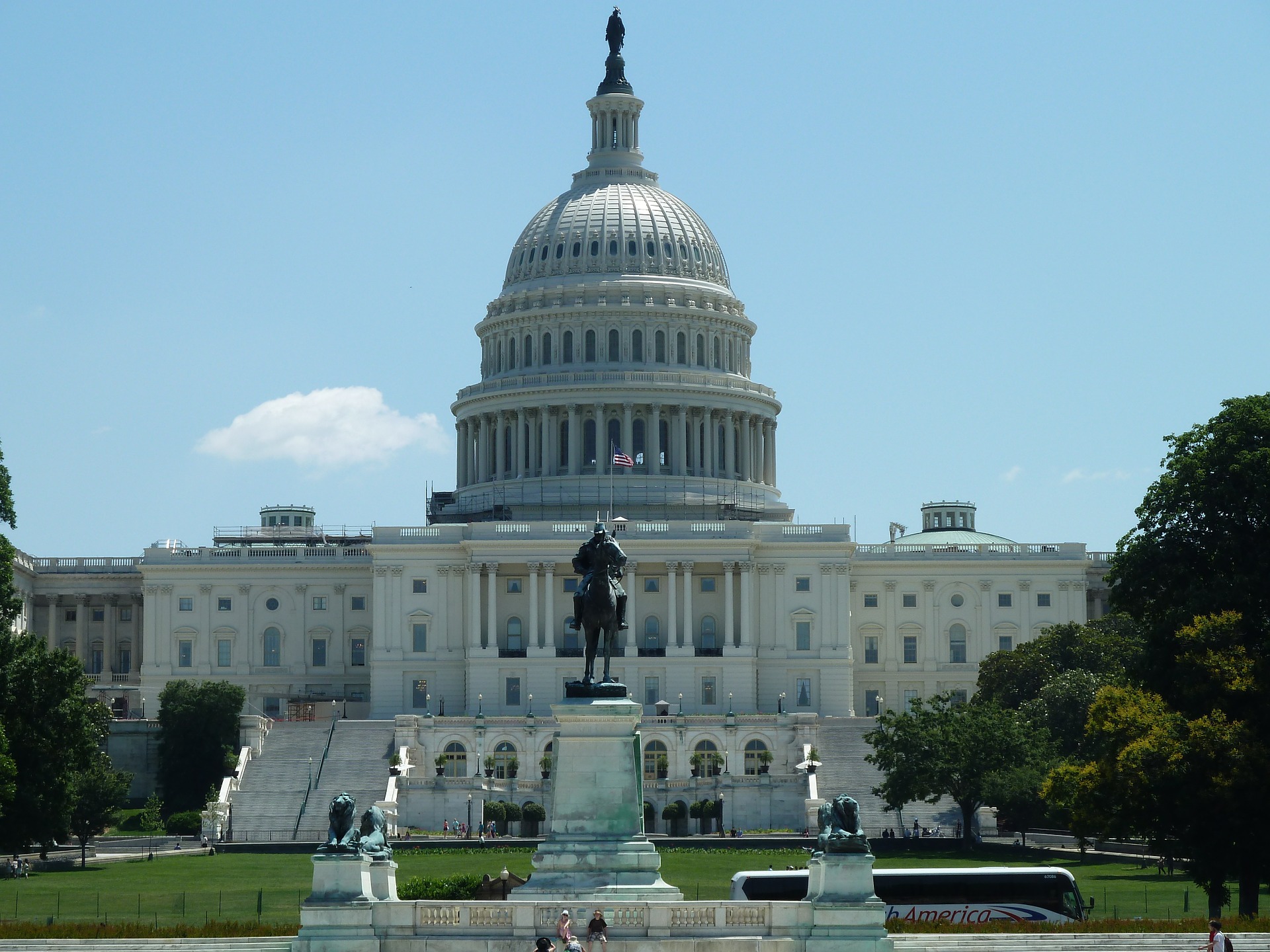NAB Applauds Low Power Protection Act Being Signed Into Law
The new law strengthen spectrum rights for some lower power stations

The professional video industry's #1 source for news, trends and product and tech information. Sign up below.
You are now subscribed
Your newsletter sign-up was successful
WASHINGTON, D.C.—Following President Joe Biden signing the Low Power Protection Act into law on January 5, 2023, the NAB has issued a statement applauding the new law, which provides eligible low power television stations an opportunity to obtain interference protections.
“NAB commends President Biden for signing into law the Low Power Protection Act," NAB CEO Curtis LeGeyt said. "This important, bipartisan legislation will allow these local broadcasters to better serve their millions of viewers by hiring more journalists, investing in new equipment and transitioning to the ATSC 3.0 standard. America’s local broadcasters thank former Senator Blunt, Senator Wyden and the bill’s congressional cosponsors for their support of this legislation.”
U.S. Senators Roy Blunt (Mo.) and Ron Wyden (Ore.) introduced the Low Power Protection Act to strengthen spectrum rights for certain low power television (LPTV) stations. It requires the FCC to open a new filing window during which qualifying LPTV stations could apply for and receive Class A status that would protect LPTV stations from being bumped off-air by harmful interference.
The law had been criticized by the LPTV Broadcasters Association for putting excessive limits on the number of LPTV stations who could apply for Class A status.
Earlier, in response to the Senate passage, Lee Miller, the executive director, Advanced Television Broadcasting Alliance, which represents LPTV broadcasters, noted that "We applaud the Senate for approving the Low Power Protection Act. It is an important first step to ensure that more low power televisions stations are given the certainty they need to invest in their stations without facing the existential risk of being displaced by another station. We will continue to push for expanding the opportunities for more low power stations to earn permanent spectrum protection rights.”
The professional video industry's #1 source for news, trends and product and tech information. Sign up below.
George Winslow is the senior content producer for TV Tech. He has written about the television, media and technology industries for nearly 30 years for such publications as Broadcasting & Cable, Multichannel News and TV Tech. Over the years, he has edited a number of magazines, including Multichannel News International and World Screen, and moderated panels at such major industry events as NAB and MIP TV. He has published two books and dozens of encyclopedia articles on such subjects as the media, New York City history and economics.

